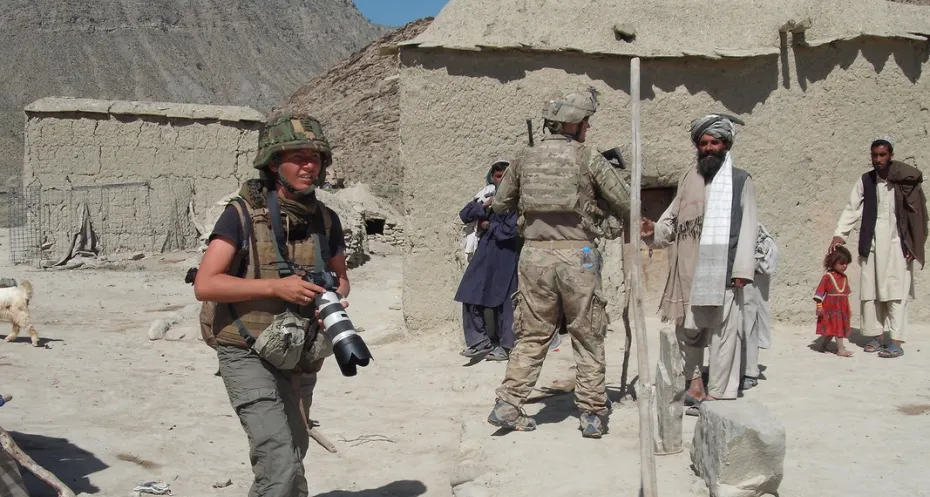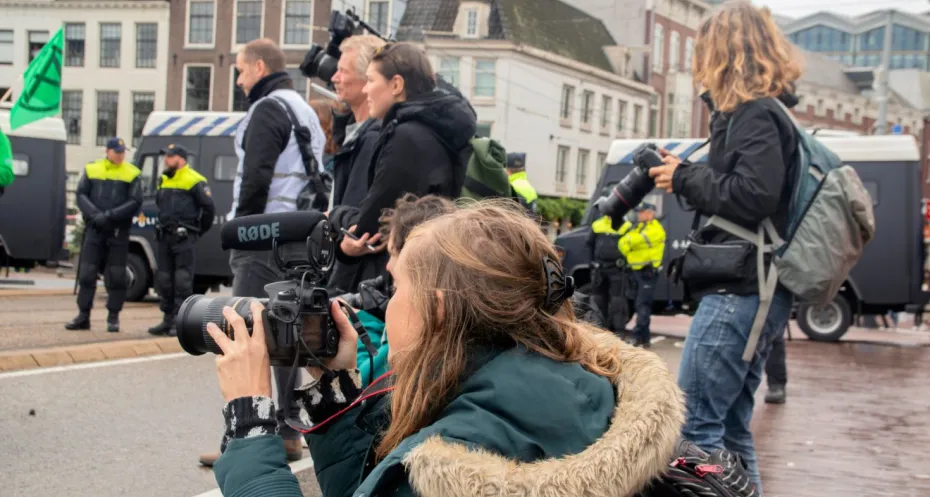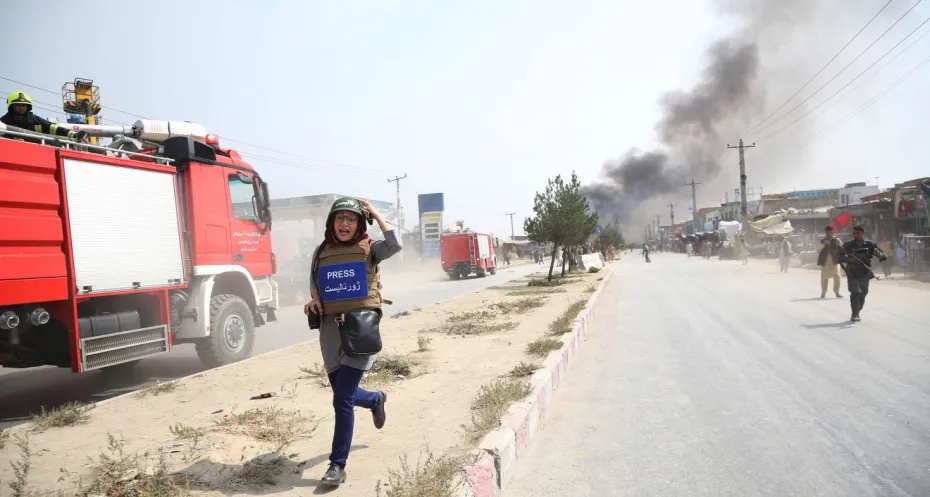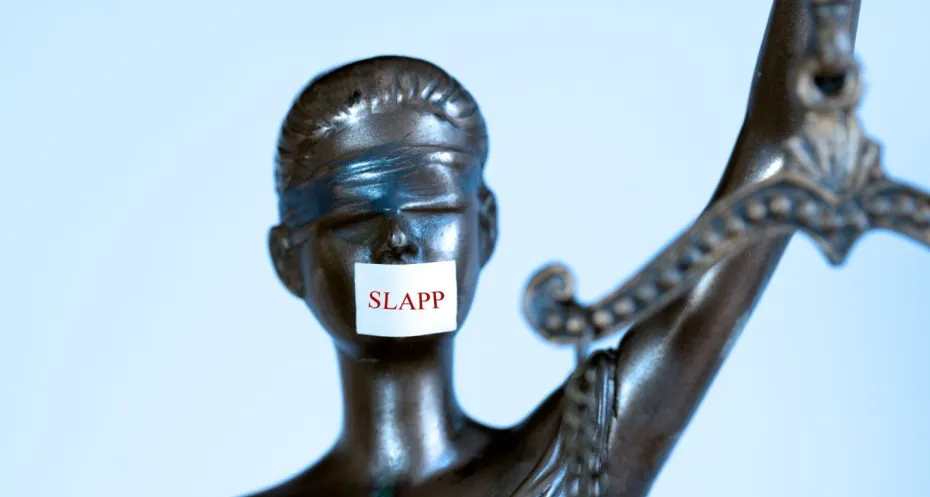Insurances for journalists

A Mexican journalist gets shot, who is going to cover the medical bills? A Honduran freelancer gets attacked and injured at the border, who is looking after her? A photographer in Guatemala has a car accident, who will he call? Every year, hundreds of journalists suffer targeted attacks and accidents. Who picks up the pieces when something goes wrong?
As Free Press Unlimited has worked on crisis cases around the world for many years, we know first hand that most of these journalists neither had a risk assessment or an insurance plan in place. When something goes wrong, these journalists are left at the mercy of the will and capacity of their news organisation to respond with their duty of care, or the generosity of charitable emergency grants.
Journalists insurance plans can help us to reverse this picture. That’s why the ACOS Alliance and Free Press Unlimited have dedicated efforts to make this a reality.
Insured in a day
Insurance for local journalists has been a pending issue for too long. However, last year a groundbreaking new scheme was launched by Insurance For Local Media. This allows any media professional, regardless nationality or country of residence to be insured in a day.
Up until last year, affordable insurance packages were not available for media professionals. Moreover, insurances often do not cover local media professionals. In 2019, the A Culture for Safety (ACOS) Alliance has negotiated a deal with Insurance for Local Media.
This unique deal offers insurance for (locally) employed media professionals including journalists, local producers, location staff, photographers, sound technicians, drivers, translators, fixers and stringers anywhere in the world, including conflict areas.
Pilot insurance project in Central America
Free Press Unlimited launched a pilot insurance project, insuring 90 local journalists for a period of one year (for an average of 10 days per month) in Central America (El Salvador, Guatemala, Honduras, Nicaragua). Central America has been one of the most dangerous regions for journalists, many have been murdered and many more are being harassed and intimidated. They face risks mainly from organisations that belong to global organised crime such as: drug cartel structures, gangs, human trafficking organisations and repressive authorities like the army or police. Female journalists are often targeted silently.
This pilot project was implemented by Free Press Unlimited partner Fundacion Latitudes, an organisation for and by photographers from Central America with its office in San Salvador. With Fundacion Latitudes Free Press Unlimited works on creating a safer environment for those journalists reporting on sensitive issues as corruption or violence. Since 2015 they offer safety training, a complete programme with physical, digital, psycho-social and legal elements to journalists.
We believe safety prevention has to be approached comprehensively, meaning journalists should be insured next to being trained. Through this pilot project journalists were insured for accidental death and medical emergencies related to their journalistic work. By implementing this pilot project in Central America Free Press Unlimited got insight into the needs of local journalists. In addition the pilot with Fundación Latitudes will be used to introduce insurances to trustworthy news organisations and freelancers in high-risk areas worldwide.
Sense of protection
“I feel more safe when going out on the streets,” said one of the insured journalists. Being insured provides a sense of protection, for themselves and their families, giving journalists a peace of mind when they are out on the street covering protests or investigating corruption and organised crime.
While insurance has increasingly become a standard tool in the toolbox of most media professionals working for Western media organisations, freelancers and professionals in less affluent regions remain uninsured.
Much work remains to be done in convincing media organisations (including those in less developed countries) to embrace this as well. With this pilot project funded through the Dutch Human Rights Fund we have gained insights that can be used in promoting the importance of insurance for journalists in other countries. Our programme coordinator safety Jantine van Herwijnen adds: “Worldwide there is a need for more awareness about the concept of insurance and an understanding of insurance policies. Therefore Free Press Unlimited will continue to raise the issues among our local partner organisations.”



